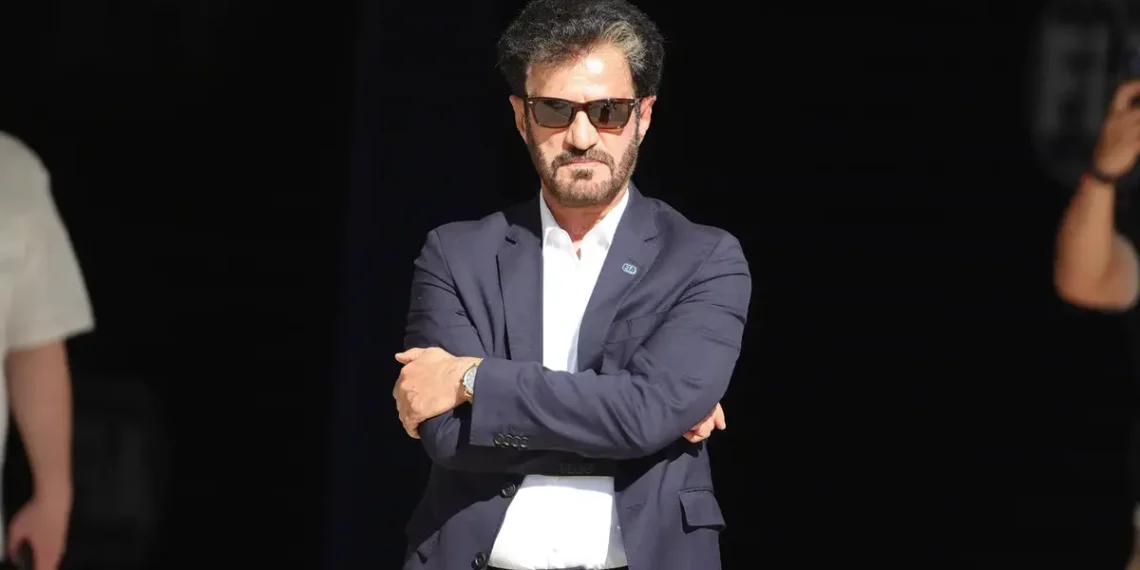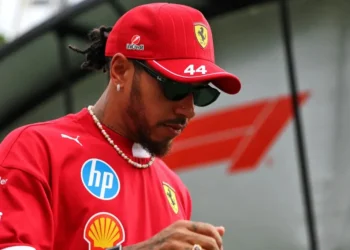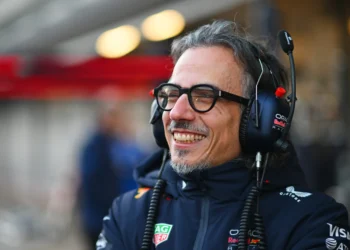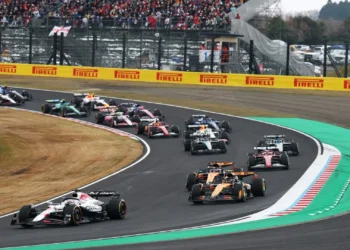FIA PRESIDENTIAL ELECTION: A ONE-MAN SHOW AS MOHAMMED BEN SULAYEM STANDS ALONE!
In a shocking twist that has left motorsport enthusiasts scratching their heads, the FIA has officially confirmed its candidate for the upcoming presidential election in December—and it’s none other than the current president, Mohammed Ben Sulayem. Yes, you read that right: just one candidate!
For months, there were whispers of a competitive race, with notable figures like Tim Mayer and Laura Villars thrown into the mix, but the landscape has shifted dramatically. Mayer, once a contender, has now withdrawn, citing the FIA’s “lack of transparency” and calling the election process a mere “illusion of democracy.” Meanwhile, Villars has taken her grievances to the Judicial Court of Paris, claiming that the election rules are rigged to favor Ben Sulayem, effectively blocking any genuine competition. Her argument hinges on the assertion that the requirements to form a presidential list are so restrictive that they violate the FIA’s own statutes.
Despite the turmoil and the looming court decision expected on December 3, the FIA has brazenly announced that only Ben Sulayem’s candidacy has been validated. This raises a critical question: Why is it that the FIA, which touts its election processes as “transparent and democratic,” has managed to create a scenario where only one candidate is left standing?
To understand this political quagmire, one must delve into the intricacies of what constitutes a presidential list. The list isn’t just a random assortment of names; it’s a team that includes the president, the president of the senate, the deputy president for automobile mobility and tourism, and a total of seven vice-presidents for sport—each needing to be selected from a very specific pool of FIA-approved candidates.
Here’s where it gets tricky: The seven vice-presidents must hail from various regions—North America, South America, Asia-Pacific, Africa, MENA (Middle East and North Africa), and two from Europe. This stringent requirement dramatically narrows the field. To put it bluntly, there is only one representative from South America on the World Motor Sport Council: Fabiana Ecclestone, wife of former F1 mogul Bernie Ecclestone. And guess what? Ben Sulayem has already secured her as part of his presidential list, leaving no room for any rival contender to form their own team.
Mayer, frustrated by the opaque electoral process, has been vocal about his concerns, stating, “There is absolutely no transparency. This is not an overnight process. This has happened over two decades. Mohammed is not the first person to think of ways to restrict the ballot, but we have got to the point where only one person can go on the ballot.”
While it’s important to acknowledge that these election rules predate Ben Sulayem’s presidency, the outcome is undeniable: he stands poised to secure another term virtually unchallenged. This scenario raises eyebrows and stirs skepticism among fans and stakeholders alike, prompting many to question the integrity of the FIA’s electoral process.
As the dust settles on this bizarre election cycle, one thing is clear: the FIA can no longer sidestep public scrutiny. In a sport striving for transparency, this situation shines a glaring spotlight on the need for reform and accountability within the organization. The ongoing saga underscores a pivotal moment in motorsport governance, where the machinery of the FIA must confront the demands for a more open and democratic process.
In a world where the only candidate is the one already in power, can we truly call this an election? The FIA is at a crossroads, and the eyes of the motorsport community are firmly fixed on the unfolding drama.










